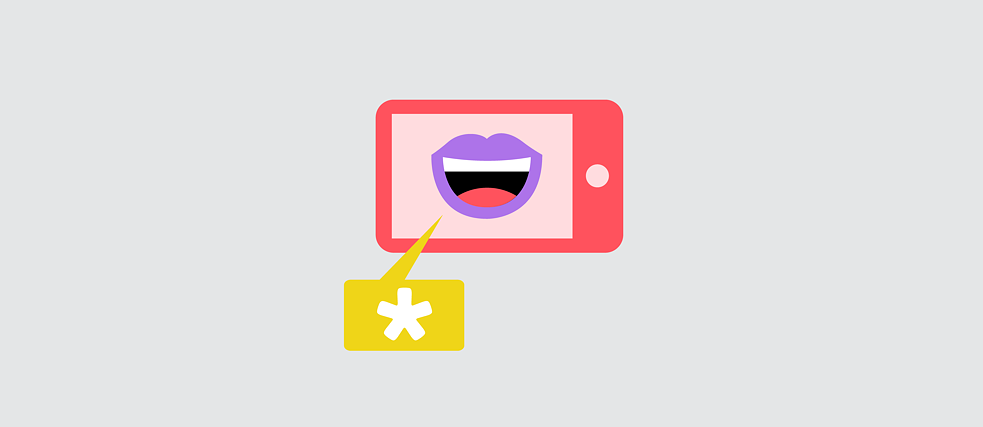Word! The Language Column
Learning German made easy

Not all politicians are big on gender-neutral language. Olga Grjasnowa pokes fun at these pockets of resistance by putting forth some truly radical proposals for reforming the German language.
By Olga Grjasnowa
My husband will be sitting his B1 German test at the Goethe-Institut in Berlin in a month's time, and I'm not at all sure he’s going to pass. But he needs to pass to qualify for German citizenship, and he needs German citizenship to participate actively in life here in Germany, to travel with us and not to have to keep going back to the immigration office all the time. So we’re all excited these days … and secretly placing bets on whether he’ll make the grade or not. The stakes are getting higher and higher and more and more absurd, but thankfully he hasn’t got wise to us yet.
Gender neutrality at the dinner table only
Against this backdrop, I recently read an interview in which a German politician calls for gender-inclusive language to be outlawed outside the home. He says it should only be allowed at the “dinner table”, not in schools, universities or government agencies. One truly bizarre argument he makes for the ban is that a Syrian or Afghan immigrant will hardly be able to learn German if they have to learn the use of the Gendersternchen or “gender star”.My husband has Syrian citizenship, so he’s a Syrer (Syrian man) and not a Syrerin (Syrian woman). Should the exemptions from gender-neutral German apply to him, too? The politician interviewed in the article is a member of a Christian political party, so I’m sure his proposal is intended as an act of Christian charity towards the immigrant community. I'm just afraid the legal ban on gender inclusiveness alone won't be enough, so we need a more radical approach.
Purge the language!
That’s why I’ve taken the liberty of drawing up a little list of overrated grammatical subtleties we could purge from the German language to make it easier to learn: the genitive, dative and accusative cases, definite articles, irregular verbs, the subjunctive, German idioms (e.g. “jemandem auf die Schliche kommen” – to get wise to someone), prepositions, indirect speech and, last but not least, proper citation in doctoral theses (which many of our politicians aren’t very good at!). After reforming German grammar, we’ll also have to get rid of a few “ugly” words. I’ve got a little list of them, too: Abendbrot (dinner), Ehefähigkeitsurkunde (certificate of no impediment – to marriage), Schleswig-Holstein (the northernmost German state), Eichhörnchen (squirrel!), Sternenschweif (“star tail”), Schadenersatz (damages) as well as das N-Wort (the N-word) and all other dehumanizing terms, which would really be a progressive policy for language reform.Word! The Language Column
Our column “Word!” appears every two weeks. It is dedicated to language – as a cultural and social phenomenon. How does language develop, what attitude do authors have towards “their” language, how does language shape a society? – Changing columnists – people with a professional or other connection to language – follow their personal topics for six consecutive issues.